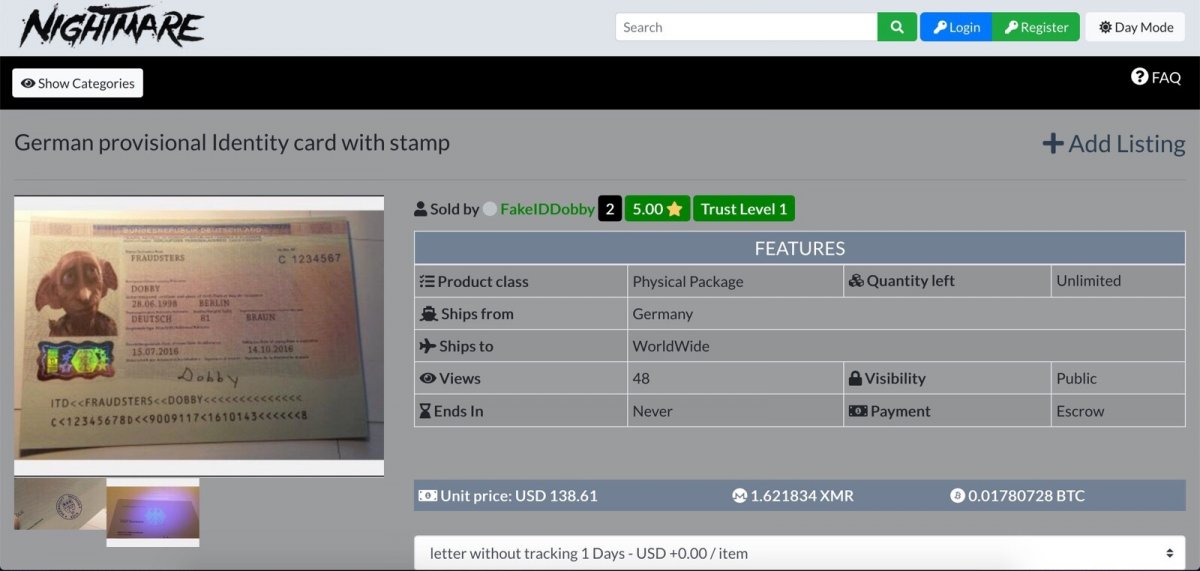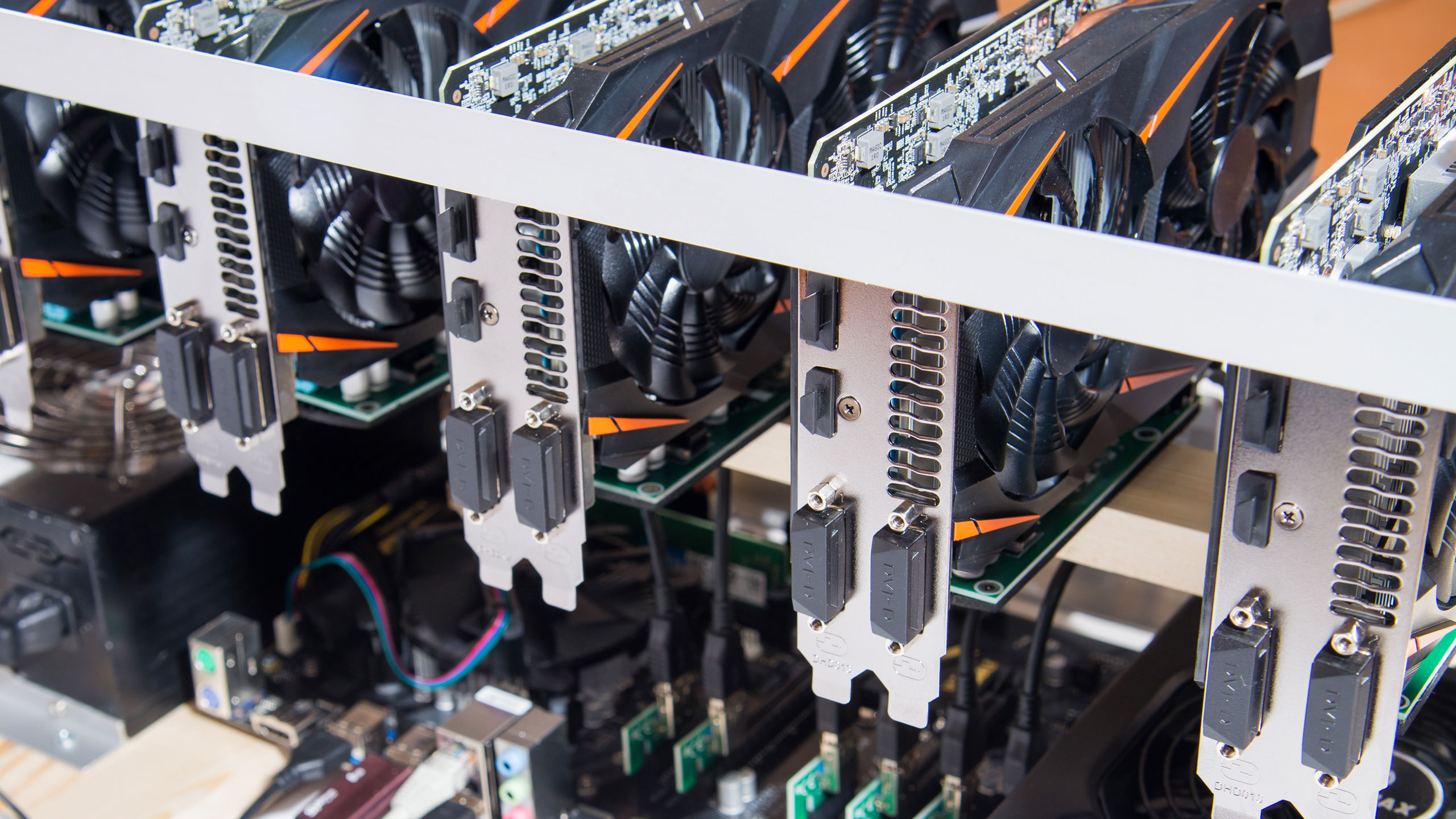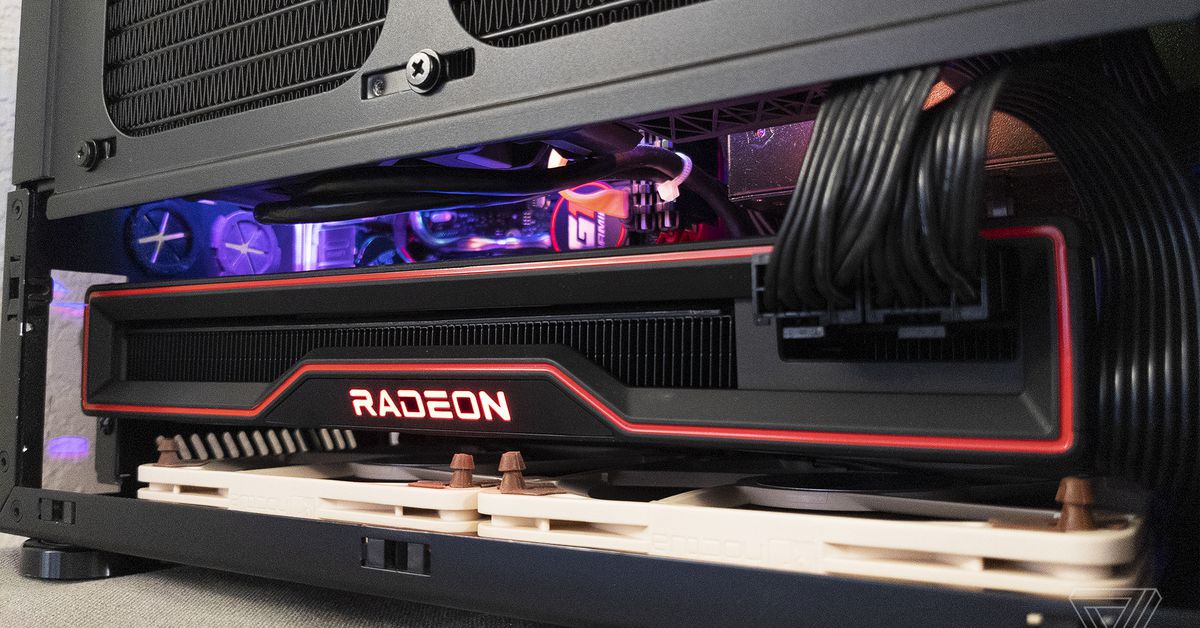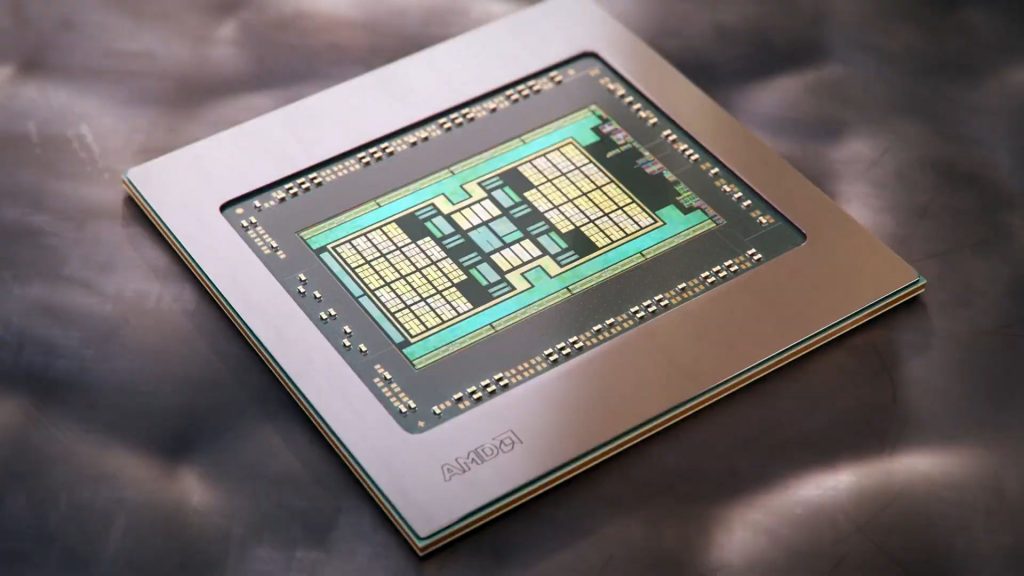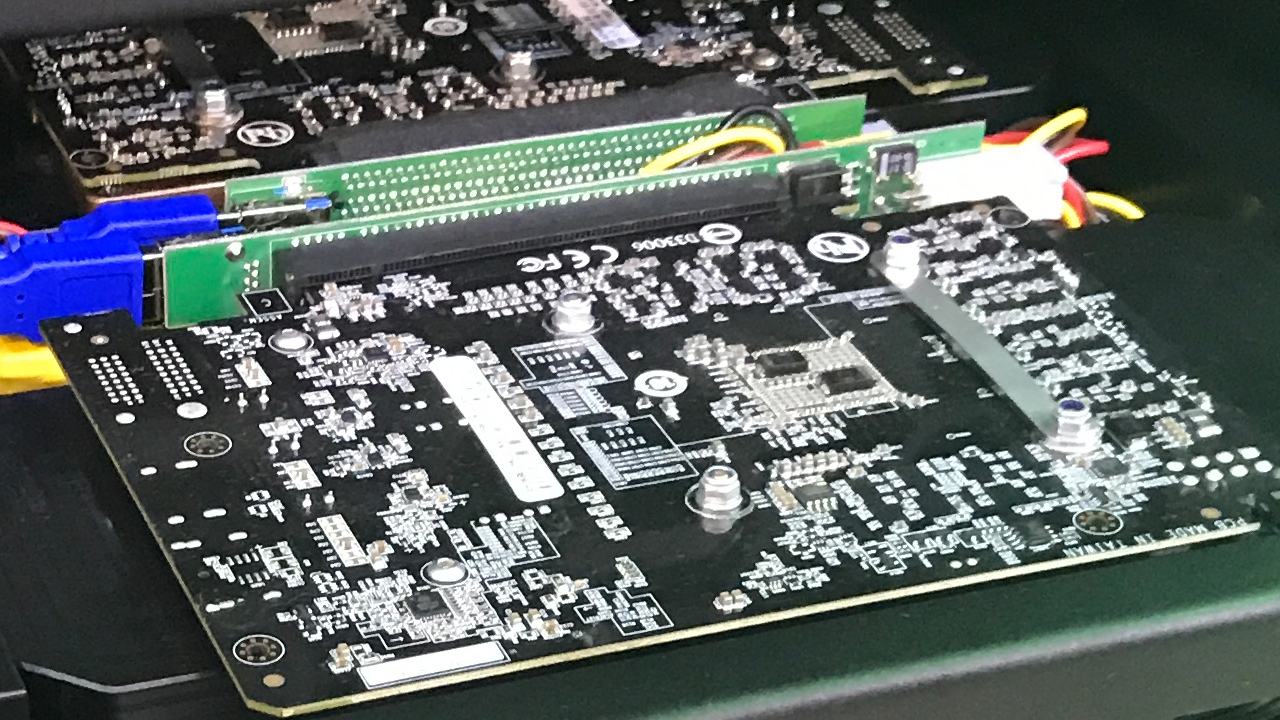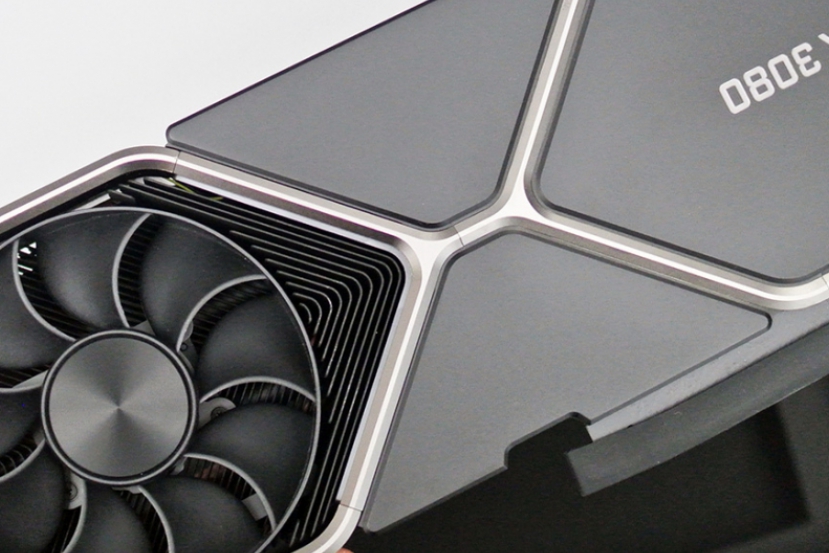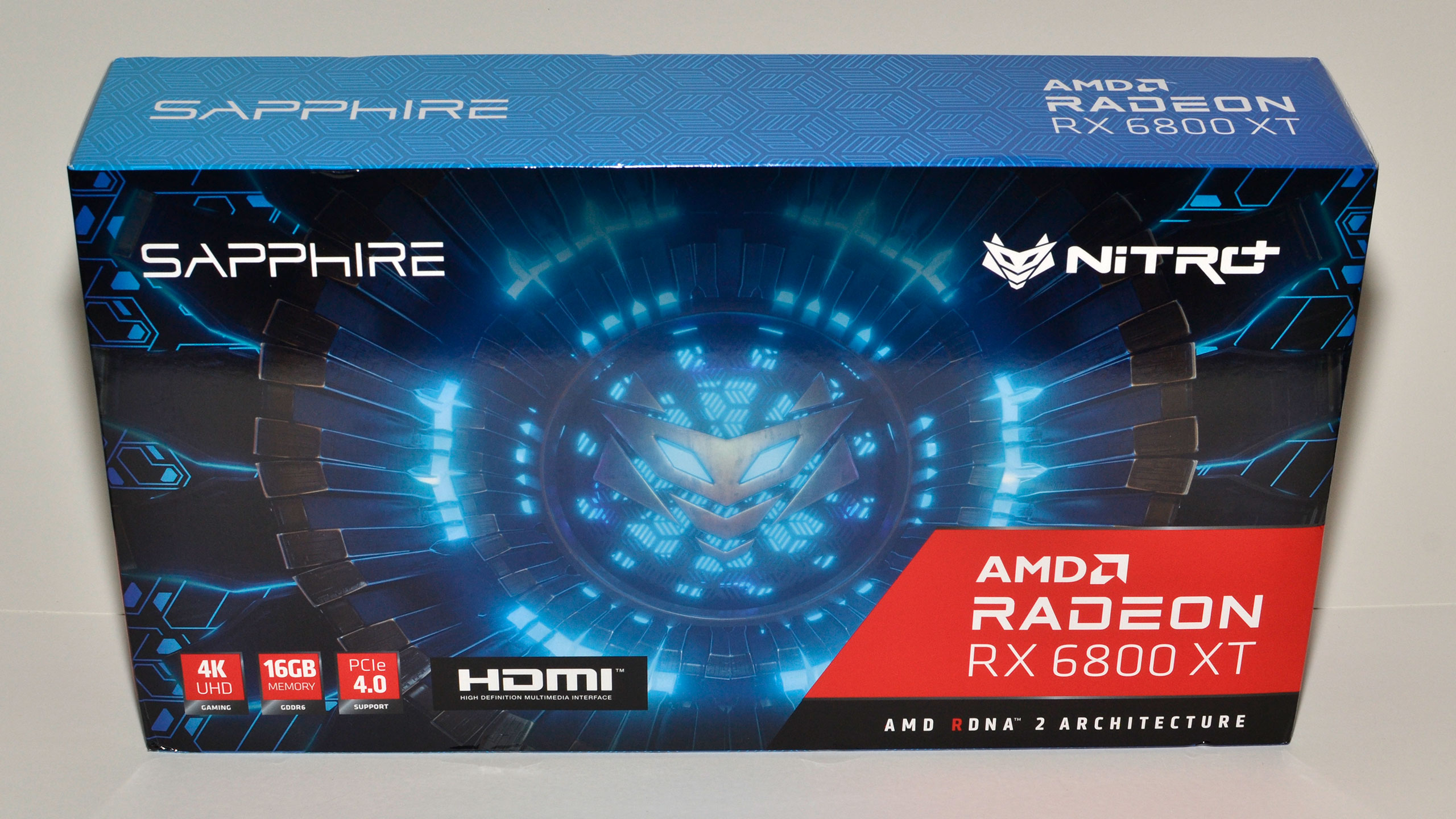Robinhood has started restricting trading in cryptocurrencies this morning, just as the price of joke cryptocurrency Dogecoin has soared more than 300 percent in 24 hours. CNBC reports that Robinhood users started noticing instant deposits for cryptocurrencies were no longer working on Friday morning, and the company has confirmed it has put restrictions in place.
“Due to extraordinary market conditions, we’ve temporarily turned off Instant buying power for crypto,” says a Robinhood spokesperson in a statement to CNBC. “Customers can still use settled funds to buy crypto. We’ll keep monitoring market conditions and communicating with our customers.”
Dogecoin came to life in 2013 off the back of a Twitter joke — a play on bitcoin and the doge meme. Its price started soaring yesterday, and Dogecoin currently stands at a more than $7 billion market cap thanks to a huge volume of transactions over the past 24 hours.
The market activity and restrictions over the past 24 hours have now made Dogecoin a popular meme among the r/WallStreetBets investors. Dogecoin has been consistently spammed in the WallStreetBets Discord server over the past couple of days.
Bitcoin is also on the move, up nearly 20 percent over the past 24 hours. Tesla CEO Elon Musk also changed his Twitter profile to include #bitcoin and tweeted “in retrospect, it was inevitable.”
Robinhood’s latest crypto restrictions come less than a day after the company moved to restrict its users from buying or trading any of the popular Reddit r/WallStreetBets stocks, including GameStop ($GME), AMC ($AMC), BlackBerry ($BB), Bed Bath & Beyond ($BBBY), Nokia ($NOK), and more.
It’s a move that has been met with widespread criticism, and Google was forced to salvage Robinhood’s one-star rating on the Google Play Store by deleting nearly 100,000 negative reviews after unhappy users review-bombed the app. Robinhood says it will now allow “limited buys” of stocks like GameStop starting Friday.


